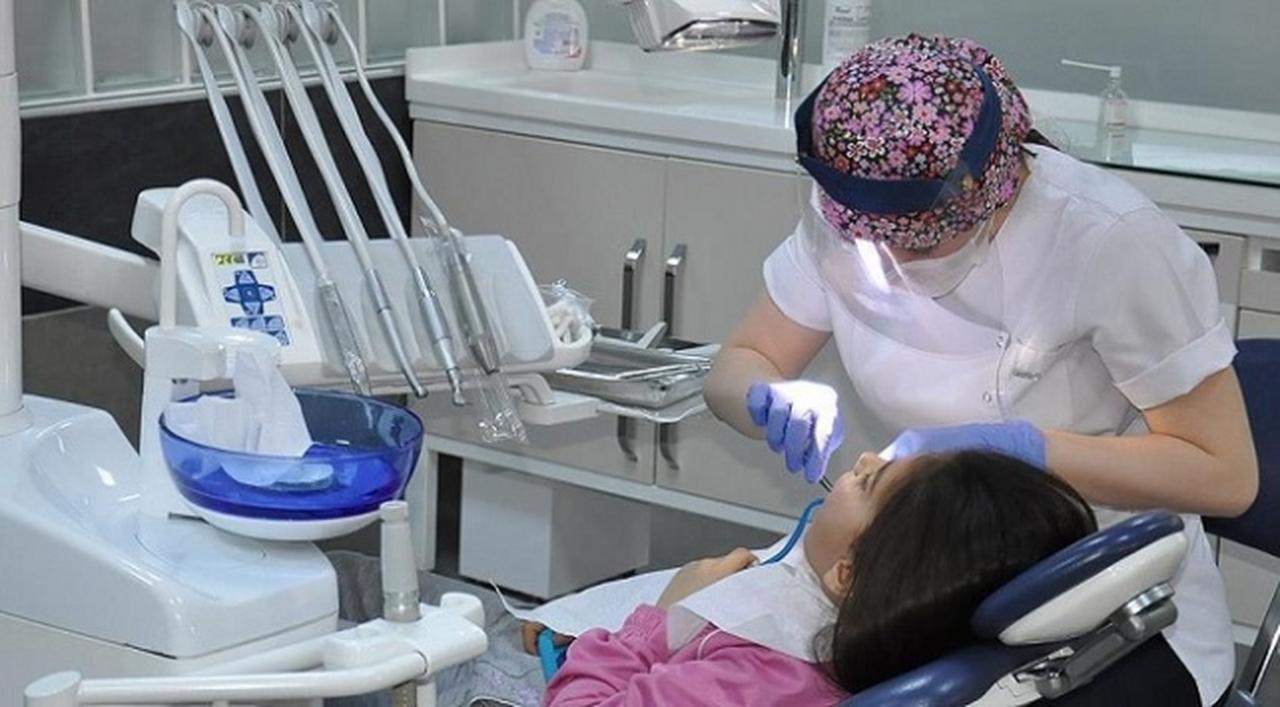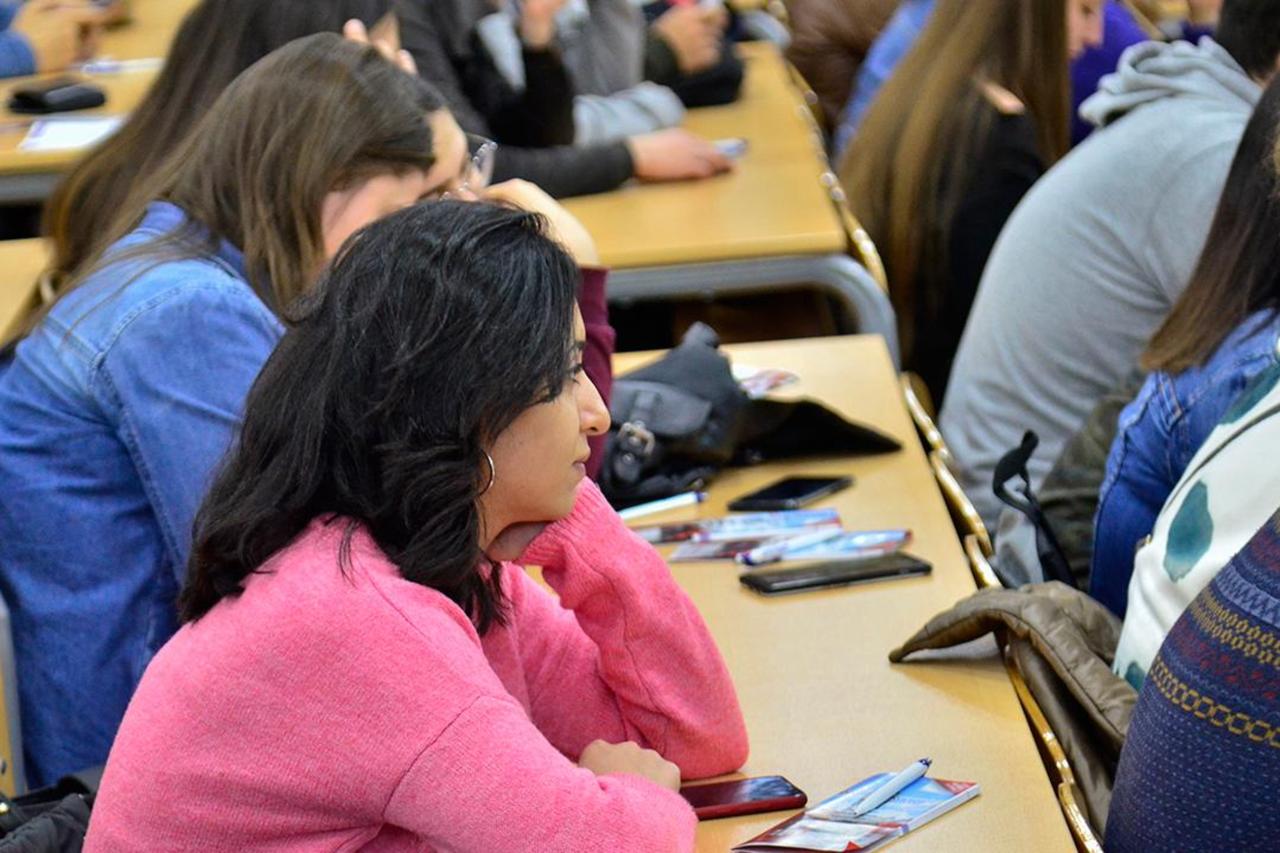
University fees in Türkiye continue to surge in 2025, with many popular universities—particularly those favored by international students—imposing substantial hikes at the start of the qualification period.
Medical and dentistry departments remain the most expensive, while engineering and social sciences, though relatively more affordable, have also seen significant increases.
For the 2025–26 academic year, foundation universities in Ankara have led the way in implementing significant tuition hikes.
Baskent University has introduced the highest proportional increase among the declared private university fees. Similar to TED University, the institution has announced differentiated tuition based on departments. The tuition for medical and dentistry faculties has been raised by approximately 80%, reaching ₺1,480,000 ($36,580), while the Faculty of Pharmacy increased its fee by 69% to ₺1,200,000 ($29,670).
Significant hikes were also recorded in the faculties of Engineering, Law, and Architecture, where annual fees rose from ₺615,000 ($15,200) to ₺990,000 ($24,480).

TOBB University of Economics and Technology posted the second-highest proportional increases. The annual tuition fee for all departments—except medicine—was set at ₺930,000 ($22,990), while the medical school tuition rose to ₺1,302,000 ($32,200).
These amounts reflect a nearly 55% increase compared to the previous year, when fees were ₺600,000 ($14,830) and ₺840,000 ($20,790), respectively. This substantial rise mirrors the broader trend of tuition hikes at foundation universities.
The English Language Teaching program in the Faculty of Education rose from ₺540,000 ($13,340) to ₺820,000 ($20,260). Tuition for the Psychology and English Language and Literature departments also increased from ₺600,000 ($14,830) to ₺920,000 ($22,740).
Likewise, tuition for engineering programs rose sharply from ₺600,000 ($14,830) to ₺920,000 ($22,740), as the university adjusted pricing to reflect rising operational costs and inflation.

In Istanbul, Yeditepe University implemented moderate tuition increases in select departments for the 2025–26 academic year. The Faculty of Engineering’s registration fee rose to ₺670,000 ($16,571), while the cost for students with a 50% scholarship increased to ₺335,000 ($8,285), marking a 15.5% hike from last year.
In contrast, the Faculty of Law maintained its tuition at last year’s level—₺685,000 ($16,933).
Koc University also joins the wave of tuition hikes for the 2025–26 academic year, setting its annual medical school fee at $59,000—one of the highest in the country. Other undergraduate programs, including law, nursing, social sciences, humanities, engineering, and natural sciences, are uniformly priced at $38,000.
Sabanci University's annual tuition for the School of Medicine is set at $59,000, while all other undergraduate programs—including law, nursing, social sciences, engineering, and natural sciences—are uniformly priced at $38,000
Istanbul Bilgi University set prices for undergraduate programs between ₺480,000 and ₺1,190,000, depending on the faculty and department. For example, tuition for engineering, architecture, and communication programs ranges from ₺595,000 to ₺960,000 (approx. $14,680 to $23,670), while psychology stands at ₺1,250,000.
Kadir Has and Istinye Universities also introduced moderate increases. Kadir Has set tuition for bachelor’s programs at ₺615,000 ($15,204), up 5.9% from the previous year. Fees for Computer, Industrial, and Electrical Engineering departments reached ₺730,400 ($18,059).
Istinye University distinguished itself with its dental school pricing, declaring ₺1,000,000 ($24,768) for the 2025–26 academic year.

Türkiye has become an increasingly attractive destination for international students, particularly in major cities such as Istanbul and Ankara.
In 2024, the number of foreign students in Türkiye surpassed 340,000, placing the country among the world’s top 10 destinations for international enrollment. Projections suggest this figure could reach 500,000 by 2028.